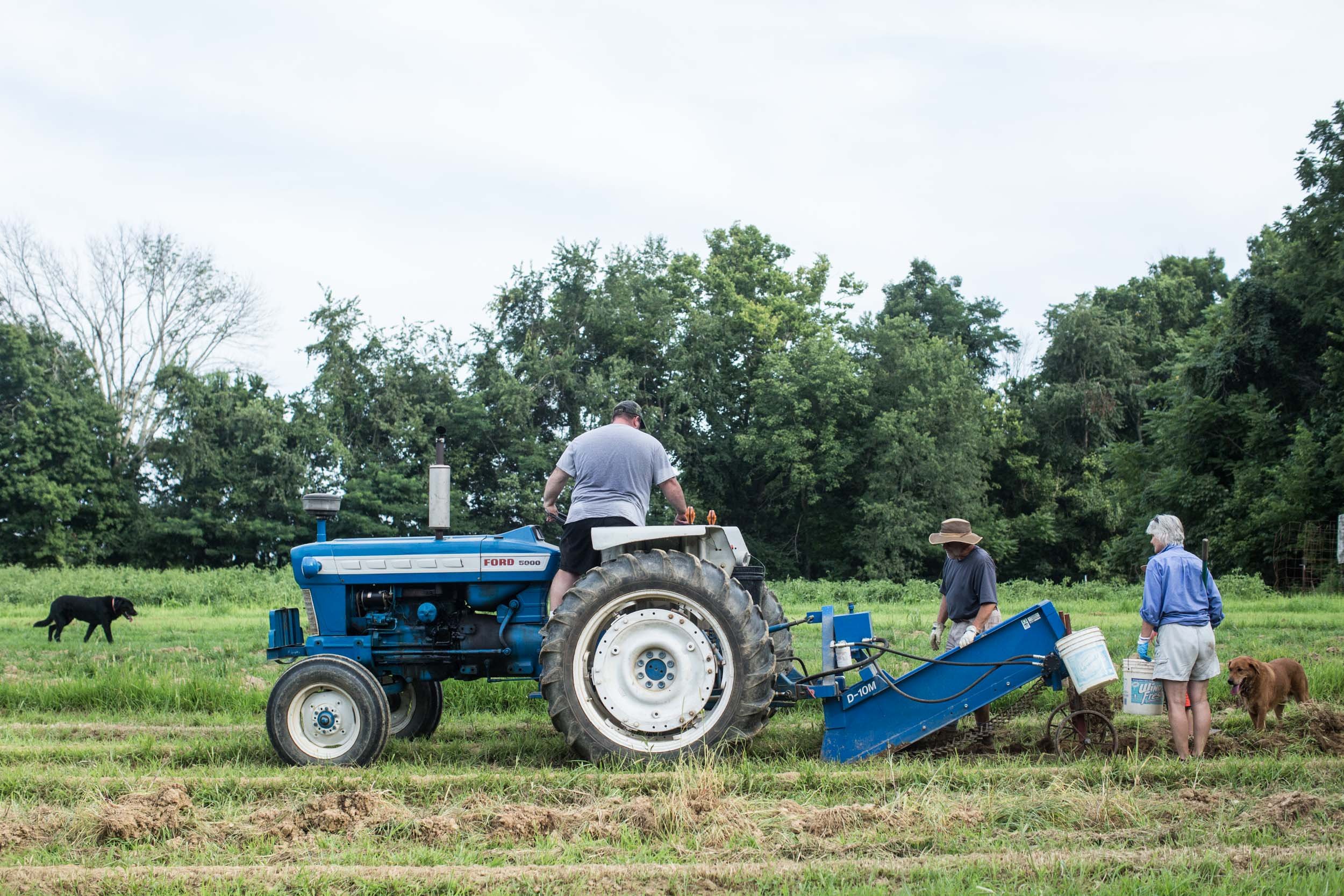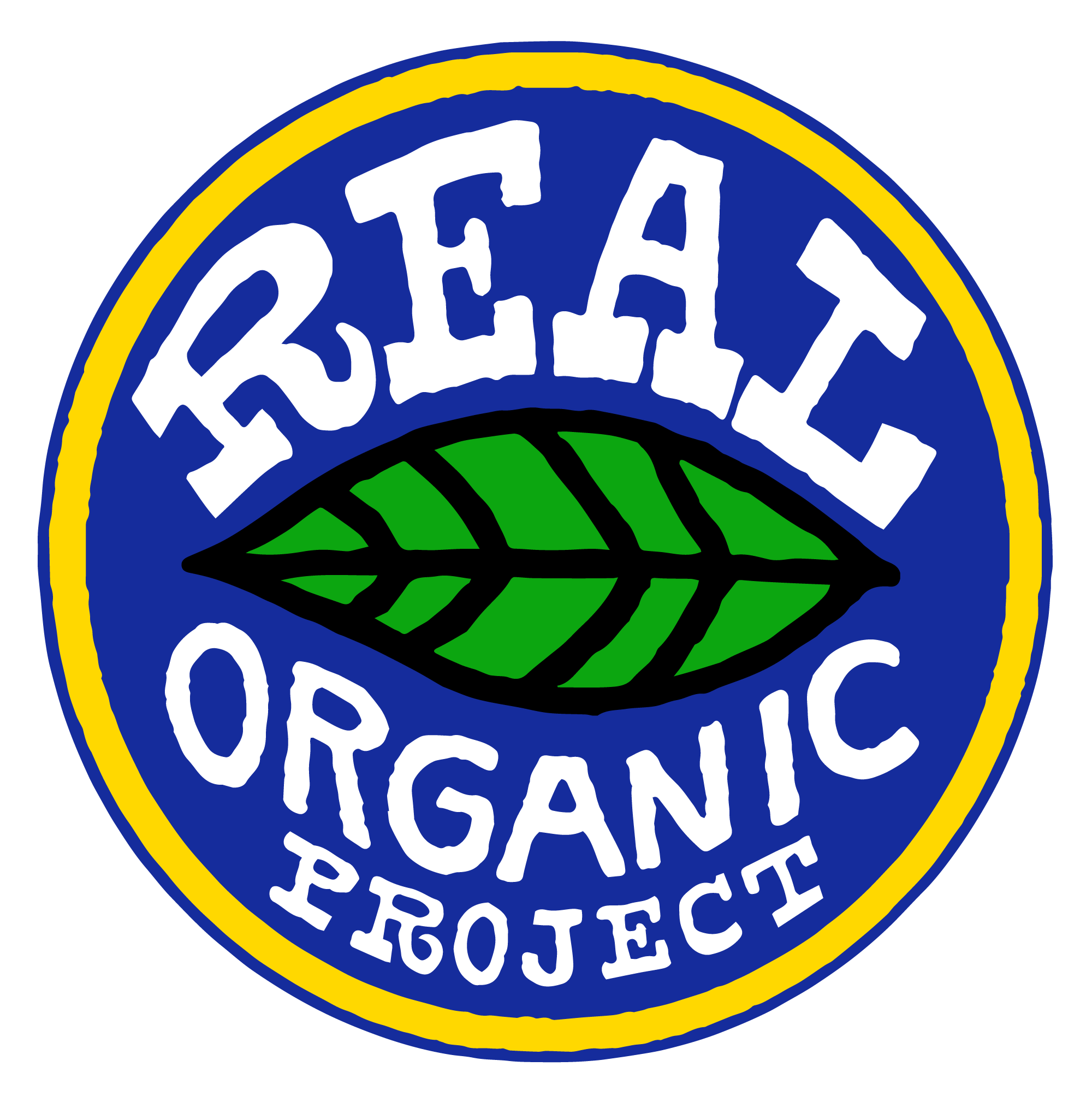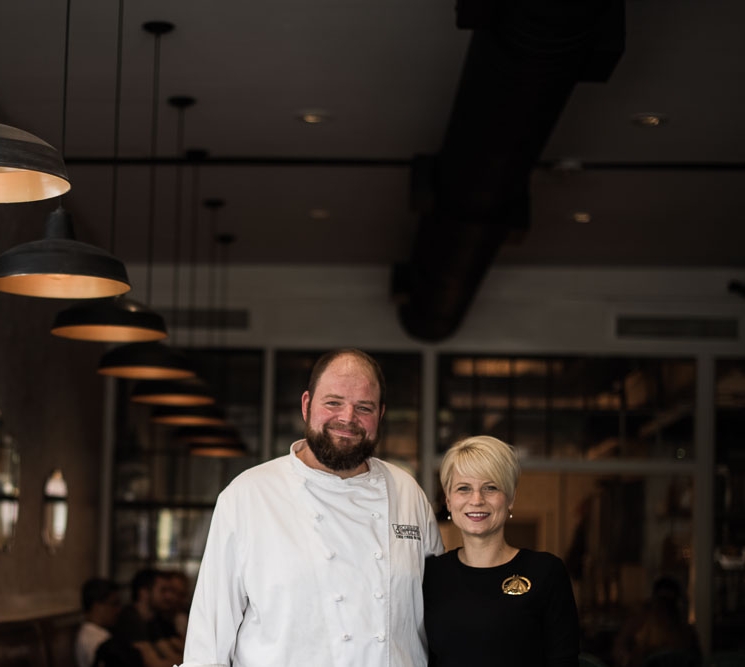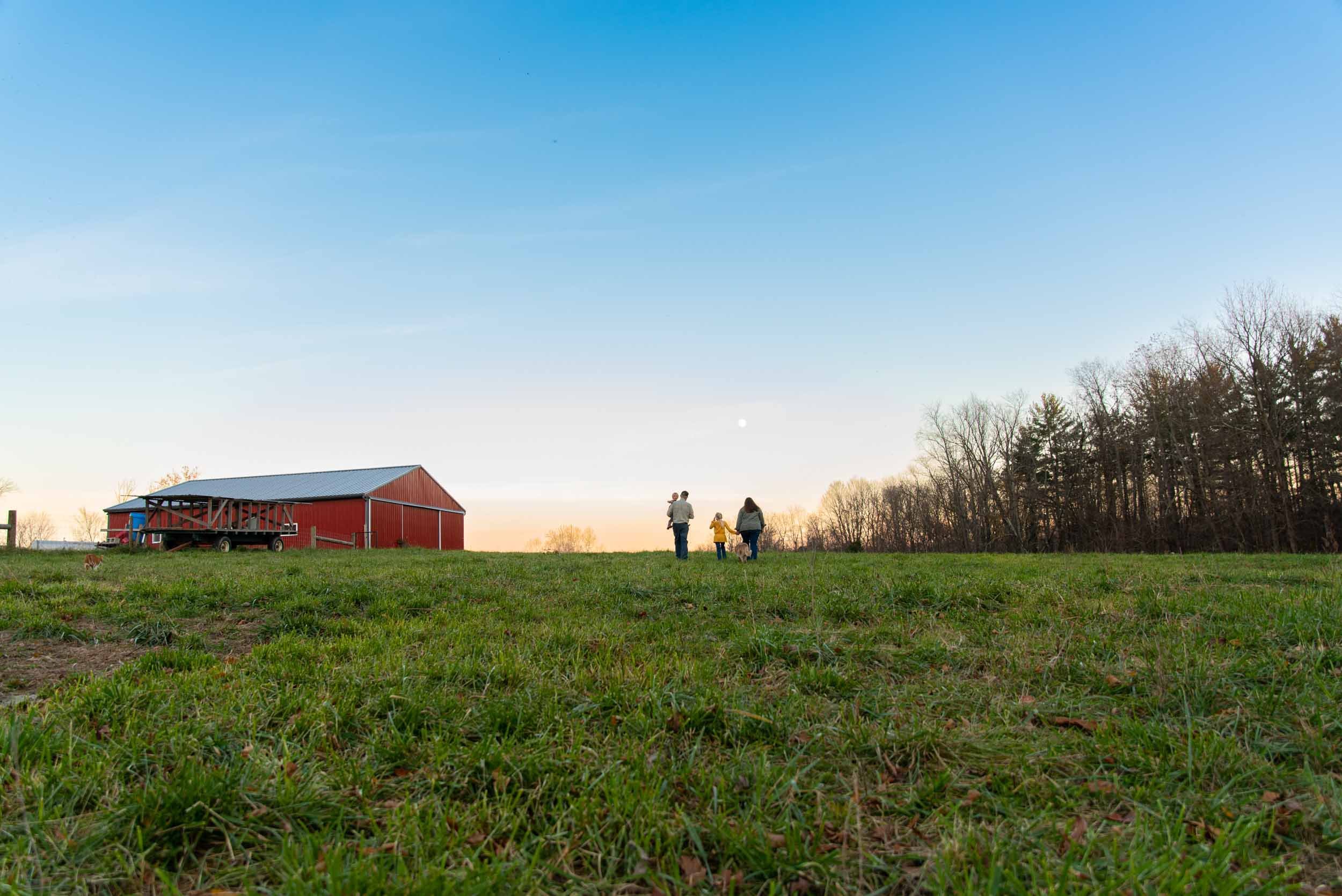Real Organic Project

Are strawberries that are grown hydroponically eligible for organic certification? Does a large-scale egg operation qualify as organic if hens are kept in covered enclosures with screened walls?
Questions like those are at the heart of the Real Organic Project (ROP). Some Ohio Valley farmers have begun displaying the Real Organic Project logo at their market stands to show their affiliation with the initiative. The U.S. Department of Agriculture regulates organic food production through the National Organic Program (NOP), according to rules set by federal law and recommendations from the National Organic Standards Board (NOSB). But those rules can be murky, says Alisha Schleining, Certification Program Manager at the Ohio Ecological Food and Farming Association (OEFFA).
Groups like OEFFA certify individual farms and operations as organic under NOP standards, and they offer clarifications to the complex national rules. Predictably, that leads to some inconsistencies across the country. For example, Schleining says, some certifiers do OK hydroponic operations. “But our perspective is that we evaluate all operations to organic standards, and through our reading of the standards and the Organic Foods Production act, we don’t believe that hydroponic practices are consistent with some of the standards.”
Which brings us to ROP. The organization, founded and led by farmers, aims for more transparency in how food is grown and raised. ROP provides additional accreditation to operations that are already certified organic. Two focal points for ROP are hydroponic growing, and raising livestock on pasture, not in confinement.
As hydroponic fruit and vegetable cultivation gains steam, the organic question becomes more relevant. Says Wendy Carpenter of Christopher Farm in Modoc, IN, “The whole definition of organic is what we do to improve and enhance the soil. If you take soil out of the picture how can you call it organic?
I’m not saying that hydroponic is bad; I certainly think there’s a place for it. But not under the organic label.”
For Carpenter and co-owner Adrian Hess, who sell at Hyde Park Farmers’ Market, joining the Real Organic Project was less a marketing tool than a vote of support for clearer standards. Hess notes that ROP standards extend to fair labor practices and labeling for prepared foods.
In the Ohio Valley region, ROP-accredited farms include Turner Farm, That Guy’s Family Farm, Bear Creek Organics, Eden Urban Gardens, and Andrews Farms.
Meanwhile, OEFFA continues to lobby the NOSB to clarify and unify organic rules, particularly those related to hydroponics and confined animal operations that are subject to interpretation. The goal? To make sure we as consumers know what’s in our basket, no matter where we shop for food.
photography of the Organic Farm at Bear Creek by Sarah Parisi
Bryn’s long career in publishing took a left turn sometime around 2010, when she discovered the joy of food writing. Since then, she’s found professional nirvana as the editor of Edible Ohio Valley, author of The Findlay Market Cookbook, and occasional instructor at The Cooking School at Jungle Jim’s. Find her seasonal recipes at writes4food.com.






